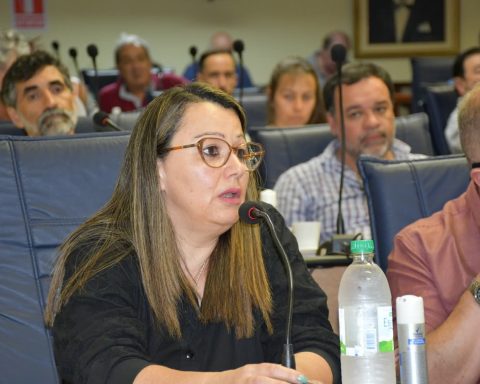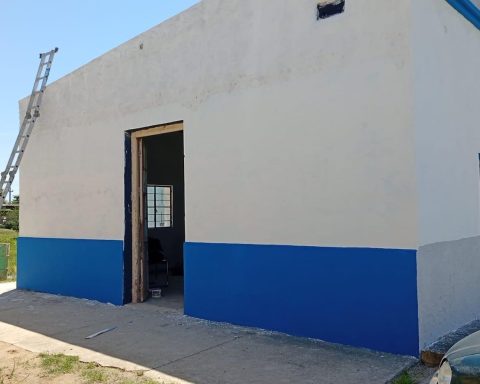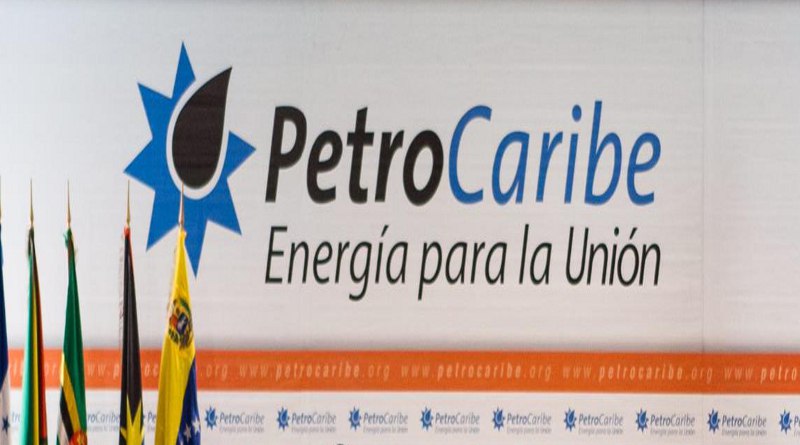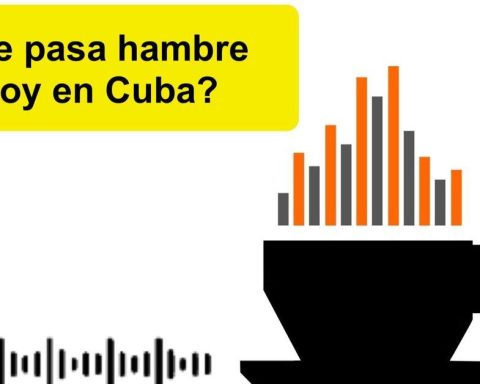By Dr. Gonzalo Dotti* For several years, the number of financial companies that offer loans with easy access, credit cards and other types of modalities, tending to encourage consumption through financing, generating future indebtedness, has been increasing.
According to the Central Bank of Uruguay, there are around a million people registered in the clearing, of which more than 600,000 are listed as bad debtors.
One cause of this problem is the oversupply of credit that makes individuals access credit almost thoughtlessly. The vast majority of Uruguayans who only have their salary, and cannot make ends meet, find themselves cornered and begin to access this type of credit, and then, when they fail to pay their credit obligations, resort again to this method generating a snowball that does not end anymore.
The consequences of this problem have a high impact on society, because it affects and restricts the fundamental rights of individuals, such as the possibility of leading a dignified life.
Nor can we fail to mention that this situation can be caused by various causes, such as unemployment or serious family situations or contexts that leave no other way out for the person and ends up resorting to credit.
The bills that are being studied in Parliament propose a debt restructuring solution so that people can meet their obligations within the economic possibilities they have, and thus get out of this drowning situation, on the one hand, and on the other hand the creditors recover the borrowed money.
In order to prevent these situations from recurring, it would be interesting for financial institutions to communicate to the client – beyond what is written in the contract – the consequences in the medium and long term in case of total or partial non-payment of their obligations so that they are informed and thus avoid extreme situations when demanding payment of the credit. This would be a way for the population to be informed and to be able to change their financial behavior, since the insolvent, uninformed debtor is often also a victim of financial policies that do not contemplate the welfare of the population.
In short, it would be a good way out for all Uruguayans to return to operating in the financial system, but if we are not able to change the behavior of consumption and the operation of credit, we will once again be clients-hostages of financing and we will have done nothing but achieve that financial companies collect and have a million new clients, and so on. In the end, who do we help?
* Lawyer, member of the Pit-Cnt. 098 919 414 098 102 977


















